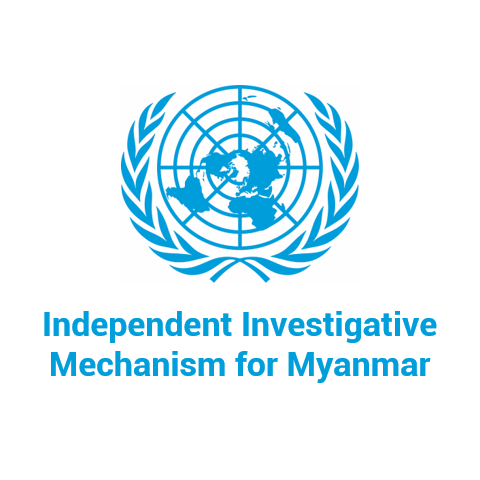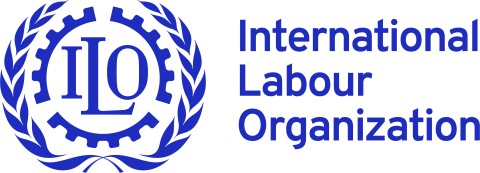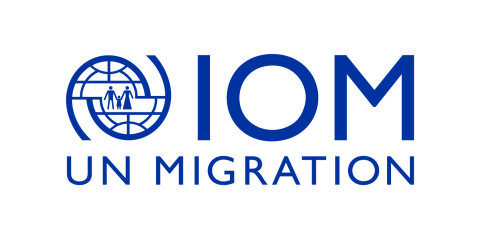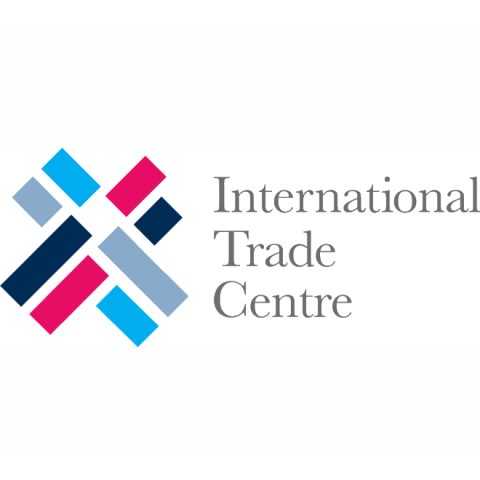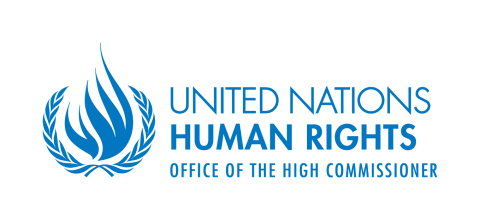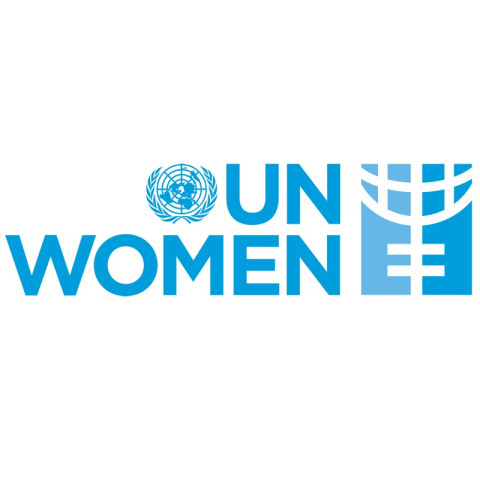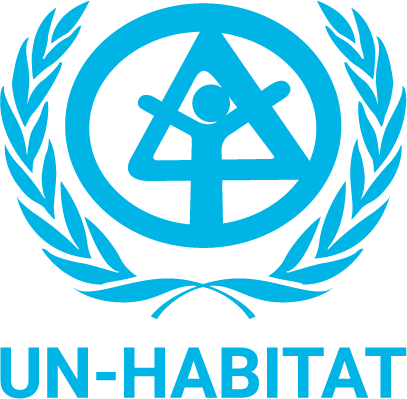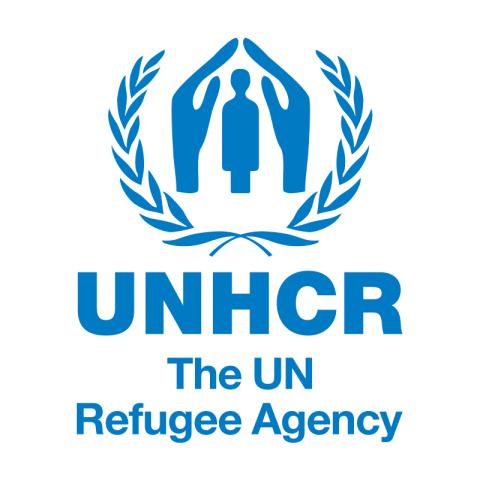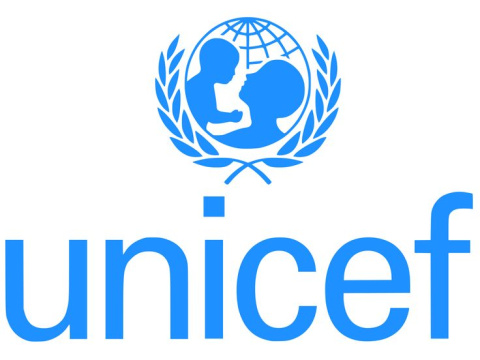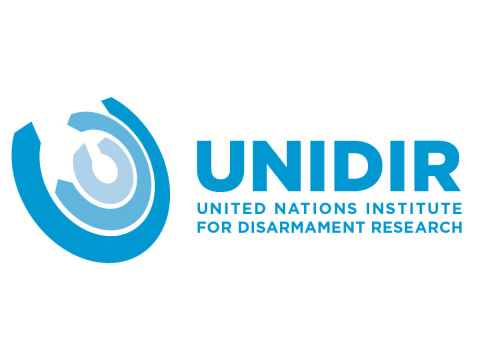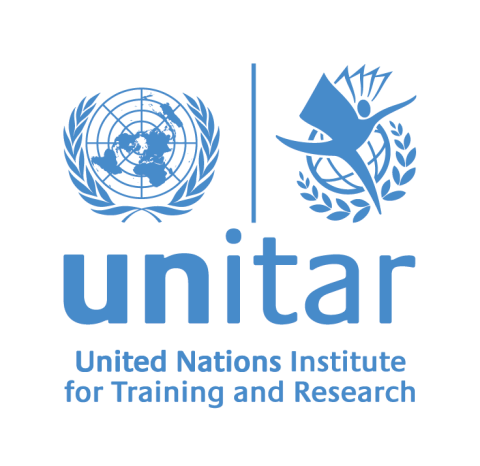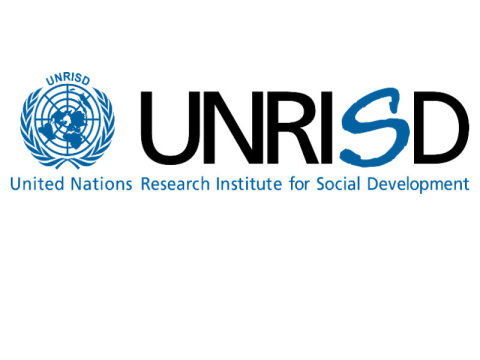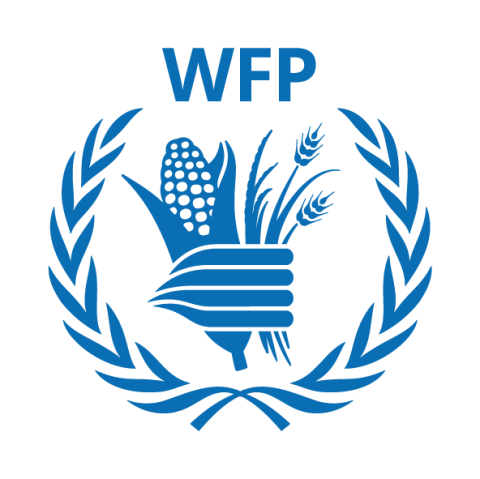
面包屑
- 此页面是使用机器翻译翻译的。 阅读全文.
定义人权
《世界人权宣言》(1948年)
《世界人权宣言》载有30条条款,是有史以来第一份关于人类权利和自由的国际公约。这些条款涵盖了从最基本的生存权,到不受歧视和平等待遇的权利,以及诸如法律面前平等保护的权利、休闲权以及在国内外自由迁徙的权利等更为具体的人权。
《宣言》本身并非具有法律约束力的文件,而是各国的共同承诺。相反,它启发了80多项国际人权条约的诞生。
国际公约(1966年)
《经济、社会和文化权利国际公约》和《公民权利和政治权利国际公约》进一步阐述了《世界人权宣言》中已经涉及的许多概念。这些公约对批准公约的国家具有约束力,这些国家承诺将其转化为国内法。这些公约包括例如隐私权、宗教和信仰自由权或言论自由权(公民权利和政治权利)、社会保障权、受教育权或免于饥饿的权利(经济、社会和文化权利)。
人权条约(自1965年起)
国际公约构成九项核心人权条约的一部分,另外七项是:
- 《消除一切形式种族歧视国际公约》 (1965年)
- 《消除对妇女一切形式歧视公约》 (1979年)
- 《禁止酷刑和其他残忍、不人道或有辱人格的待遇或处罚公约》 (1984年)
- 《儿童权利公约》 (1989年)
- 《保护所有移徙工人及其家庭成员权利国际公约》 (1990年)
- 《保护所有人免遭强迫失踪国际公约》 (2006年)
- 《残疾人权利公约》 (2006年)
这些条约的实施受到条约机构的监督。这些条约机构是联合国下属的独立专家,负责分析缔约国报告、进行国家访问、跟进个人投诉、组织与会员国或人权专家的讨论,以确保所有签署国正确实施相应的条约。
与政府携手合作
人权理事会由47个成员国组成,是联合国人权事务的主要决策机构。理事会通过的决议是所有国家(及个人)的指导原则。
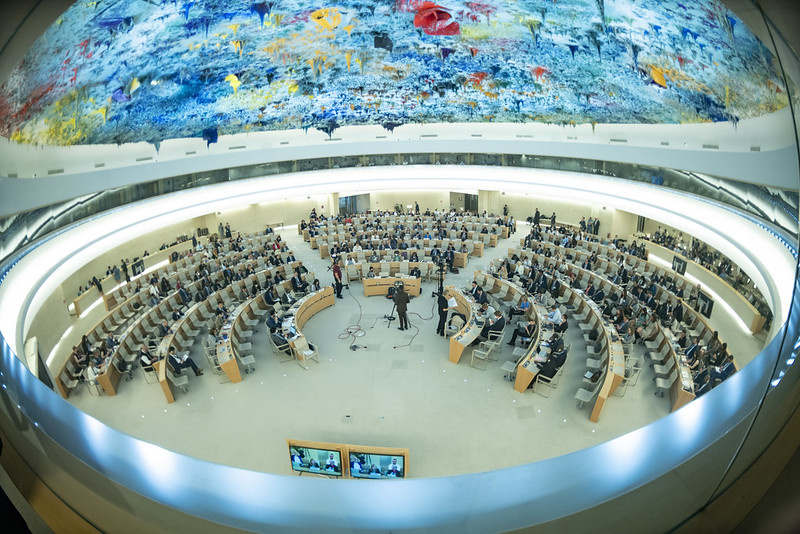
例如: 2021年10月8日,联合国人权理事会通过了第48/13号决议,这是一项具有里程碑意义的协议,承认清洁、健康和可持续的环境是一项人权。该决议促使各国政府制定或完善国家立法,并支持所有人权维护者和环保人士的工作。
理事会可在决议中要求人权高专办就特定情况提供见解、报告和研究报告。理事会还可要求人权高专办向相关国家提供技术援助。
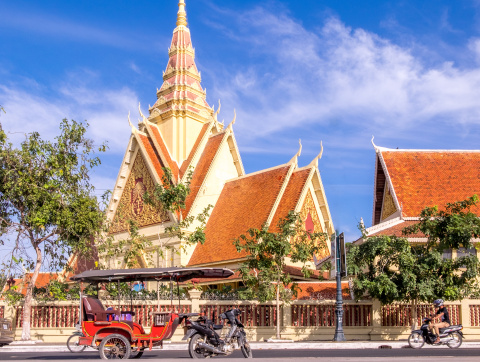
例如:理事会2023年第54届会议通过一项决议,经与柬埔寨政府达成一致,责成联合国协助柬埔寨建立国家人权机制,通过培训法官、律师、法院工作人员和执法机构,完善该国的法律机构,并协助柬埔寨更好地衡量其在人权问题上取得的进展。
监测全球人权状况
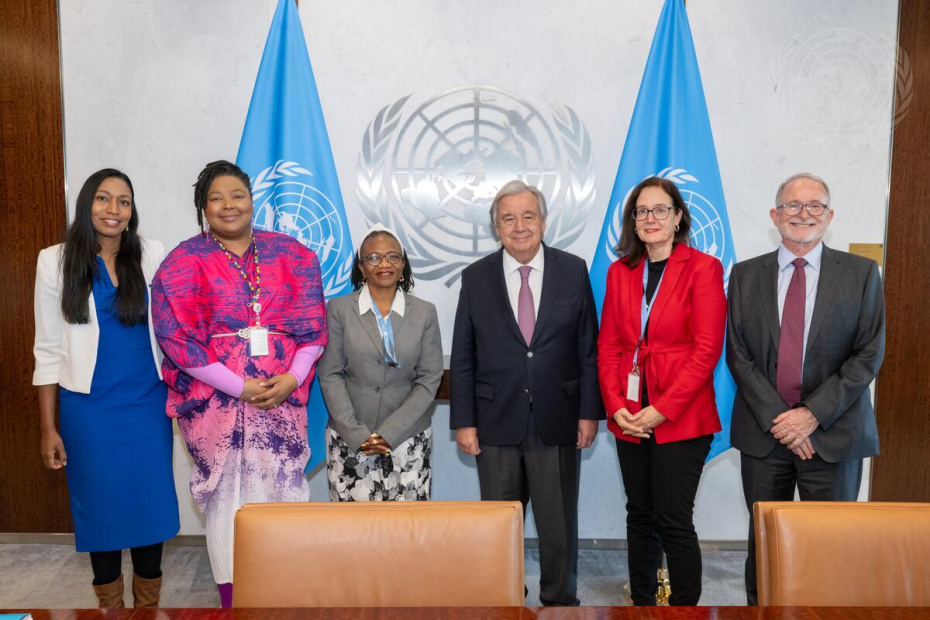
特别程序
人权理事会任命所谓的特别程序任务负责人——他们是负责特定专题或区域领域的人权专家,其议题涵盖白化病、气候变化、雇佣兵或非自愿失踪等。这些个人或团体通常对其职责范围内的侵犯人权行为直言不讳。他们发表公开声明,访问各国观察人权状况,并跟进个案。任务负责人每年向人权理事会报告调查结果,并根据要求向大会报告。
这些任务得到联合国的支持,包括人员配备或差旅费用。然而,这些职位不支付薪酬,任务负责人是独立的,并非联合国工作人员。这强调了他们对任何行为者的中立性。
案例:亚美尼亚改变为贫困儿童和残疾儿童建立隔离社区的政策
2019年,残疾问题特别报告员和教育问题特别报告员向亚美尼亚发出了一份函件,涉及该国计划支持为经济状况不佳或残疾儿童及其家庭建设所谓的“明爱城”或“儿童城”。专家们担心这将导致社区隔离。亚美尼亚政府于2020年2月10日回复,告知任务负责人,其已撤销其决定并停止了该项目的实施。
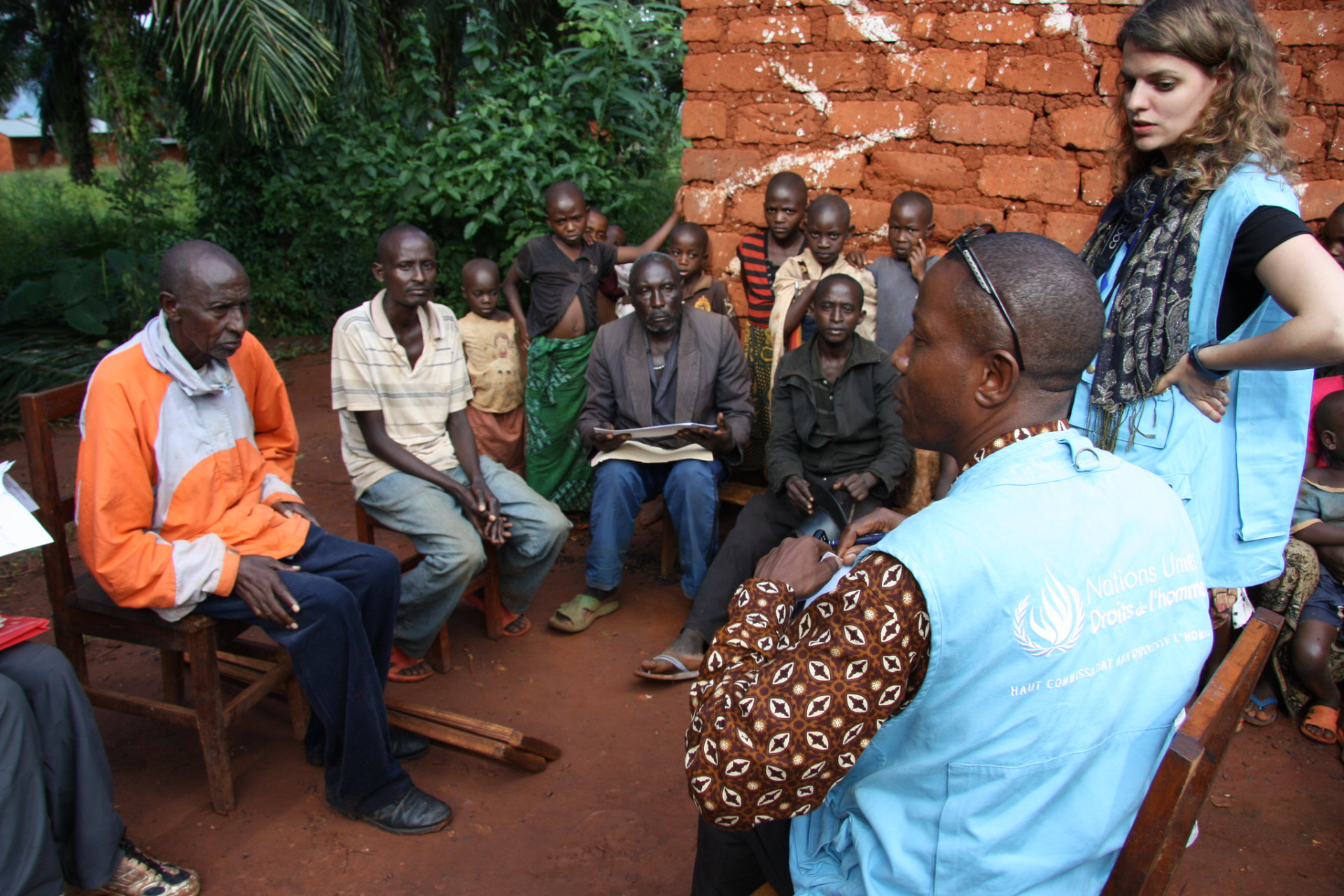
人权高专办地方办事处
联合国人权办公室在全球范围内设有12个区域办事处和18个国家办事处(截至2024年)。此外,人权高专办还参与了多个维和特派团,并向40多个联合国国家工作队派遣了人权顾问。其活动多种多样:国家一级的人权官员与政府和国家机构(例如国家人权委员会或民间社会组织)互动;他们监测人权状况并记录侵犯人权行为;保护受害者;他们公布侵犯人权的行为,并向世界其他地区宣传人权问题。
例如:中非人权办公室支持该地区不同国家向条约机构、普遍定期审议和其他人权机制提交定期报告:对于许多政府而言,能够收集和分析有关人权状况的综合数据是解决潜在问题并更好地服务其公民的第一步。
中非办事处还培训了众多记者进行人权报道。培训成果包括发表了180多篇文章,以及数十篇关于人权问题的电视和广播报道。从长远来看,这有助于公民更好地理解和保护自身权利。
例如:塞拉利昂废除死刑
普遍定期审议
普遍定期审议是联合国内部的一个独特制度,是各国之间的同行程序。各国政府本着建设性的精神,相互赞扬彼此在人权领域的成就,并就其改进之处提出建议。每个国家每四年半接受一次审议。各国提出建议的依据是一份国家报告、一份联合国分析报告以及一份由民间社会组织等利益攸关方起草的报告。收到所有建议后,受审议国将公开说明其将接受并落实哪些建议。
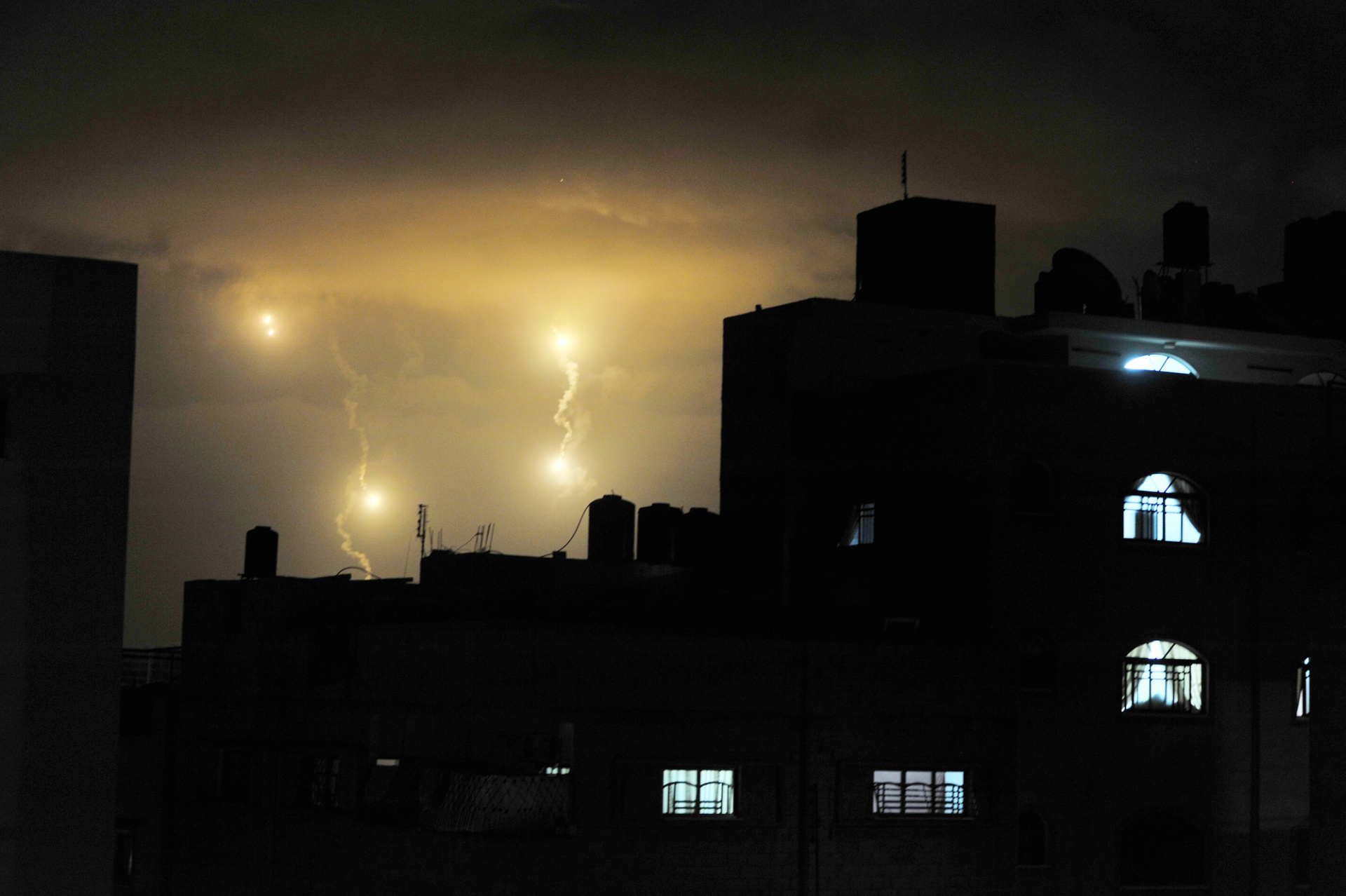
调查
当一个国家严重侵犯其公民权利时,联合国就会展开调查。目前,人权高专办应人权理事会的要求,正在调查13个国家的侵犯人权行为,这些国家包括委内瑞拉、白俄罗斯、叙利亚、苏丹和缅甸。此外,还有一项关于执法中种族公正的调查正在进行中,该调查并不局限于某一特定国家。
此外,大会还设立了叙利亚( IIIM和 IIMP)和缅甸( IIMM )调查机制,并正在日内瓦开展工作。
调查人员会与受害者和目击者交谈,并详细记录事件经过,包括(如果可以识别)犯下侵犯人权罪行的罪犯。这些记录可用于制裁相关国家、为受害者提供庇护或赔偿,或起诉肇事者——无论是在国际法庭上,还是在政府自身司法系统恢复后。
例如:一名前叙利亚高级官员因其对叙利亚人民实施酷刑、谋杀和性暴力而被德国法院判处终身监禁。他曾在德国寻求庇护,但部分得益于第三国际调查局收集的证据,他犯下的暴行最终被揭露。
解释者:“叙利亚失踪人员独立机构”是什么?
2023年,联合国大会通过决议,设立叙利亚失踪人员独立机构,负责查明所有失踪人员的命运,并为其家人和幸存者提供支持。官方数据显示,在叙利亚长达13年的内战中,约有10万人失踪,实际数字估计要高得多。
为了实施这一新机制,人权高专办聘请了在受害者权利和失踪人员方面具有专业知识的工作人员,他们将于2024年开始工作。
致力于人权:它有什么影响?
我们看到各种坏消息,危机似乎日益恶化,人权工作岂不是徒劳无功?事实上,尽管许多国际人权法和条约具有法律约束力,但没有任何机制能够强制政府履行其人权承诺。然而,人权工作具有几项至关重要的功能:
联合国及其他组织人权官员的工作有助于揭露所有正在发生的侵犯人权行为,他们的发现往往成为媒体报道的依据。如果没有中立的实地行动者记录和公布这些侵犯人权的行为,这些行为很容易被掩盖。
在最终起诉这些违法行为的实施者时,需要收集证据并详细记录所有事件和涉及的人员。
许多国家缺乏发展人权、执法或司法系统的知识或手段。联合国介入,作为合作伙伴,帮助各国政府完善机制,最终使公民受益。
联合国人权办公室通过其审查和监督机制,指出一个国家人权记录中的缺陷。同样,在普遍定期审议期间,各国也向其他国家施加压力,要求其加大保护人权的力度。事实证明,建设性的反馈意见是有效的,大多数国家都参考了上次审议期间收到的建议,并自豪地报告了自上次审议以来取得的进展。
当政府系统性地侵犯个人或非政府组织的人权时,他们该向何处求助?人权办公室管理着若干申诉机制,允许个人或团体举报违反国际人权法的情况。这些申诉经过彻底审查后,可能会获得重审或赔偿、释放或减刑、制定符合国际人权标准的新政策,或促使人权高专办采取进一步行动,例如开展独立调查、提供技术援助或任命特别报告员观察相关情况。
致力于人权的组织
叙利亚国际公正独立机制 (IIIM) 于 2016 年 12 月由联合国大会设立,旨在协助调查和起诉自 2011 年 3 月以来在阿拉伯叙利亚共和国犯下国际法规定的最严重罪行的责任人。
IIIM 是一个司法调解人,致力于追究 2011 年 3 月以来在阿拉伯叙利亚共和国犯下的核心国际罪行的责任,特别是战争罪、危害人类罪和种族灭绝罪。它收集、保存和分析信息和证据。然后,它应要求或主动与主管司法管辖区共享与正在进行的调查相关的材料和分析产品。 IIIM 没有起诉权。相反,它协助那些牵头调查和起诉叙利亚犯罪嫌疑人的司法管辖区。
作为可持续发展目标的一部分,联合国艾滋病规划署正在领导全球努力,到 2030 年消除艾滋病这一公共卫生威胁。
自 35 多年前报告第一例艾滋病毒病例以来,已有 7800 万人感染了艾滋病毒,3500 万人死于与艾滋病相关的疾病。自 1996 年开始运作以来,联合国艾滋病规划署领导并激发了全球、区域、国家和地方的领导力、创新和伙伴关系,最终使艾滋病毒成为历史。
联合国艾滋病规划署是一个问题解决者。它将艾滋病毒感染者和受病毒影响的人置于决策桌上,并置于设计、实施和监测艾滋病应对措施的中心。它为各国和社区走上结束艾滋病的快速通道指明了道路,并且大胆倡导消除艾滋病应对的法律和政策障碍。
联合国艾滋病规划署提 [...]
联合国欧洲经济委员会 (UNECE) 由 ECOSOC 于 1947 年成立。它是联合国五个区域委员会之一。其主要目标是促进泛欧经济一体化。
联合国教科文组织日内瓦联络处(GLO)成立于 1979 年,旨在协调联合国教科文组织与联合国日内瓦办事处(UNOG)、设在日内瓦的联合国专门机构(例如世界卫生组织、国际劳工组织、国际电联、世界知识产权组织和世界气象组织)、联合国项目的联络。 、基金和组织(例如人权高专办、联合国难民署、联合国艾滋病规划署、贸发会议等)。
关联实体:
- 联合国教科文组织国际教育局
联合国教科文组织国际教育局致力于改革世界各地的课程并改善教育体系。为了设计和实施最佳实践,我们与国家和地区主管部门以及利益相关者密切合作。我们的主要目标是提高全民教育的标准、有效性、效率和可及性。
联合国毒品和犯罪问题办公室 (UNODC) 的使命是让世界更加安全,远离毒品、有组织犯罪、腐败和恐怖主义。本组织致力于通过应对这些威胁并促进和平与可持续福祉来遏制这些威胁,从而实现人人享有健康、安全和正义。
毒品和犯罪问题办公室在日内瓦的联络官促进了毒品和犯罪问题办公室与世界卫生组织合作,努力制定全面、整体和综合的减少毒品需求的方法。
UNRISD 是联合国系统内的一个自治研究机构,对当代发展问题的社会层面进行跨学科研究和政策分析。 UNRISD 与来自发达国家和发展中国家的学术、政策、从业者和活动家社区的广泛合作伙伴网络合作,旨在将社会公平、包容和正义置于发展思想、政策和实践的中心。


